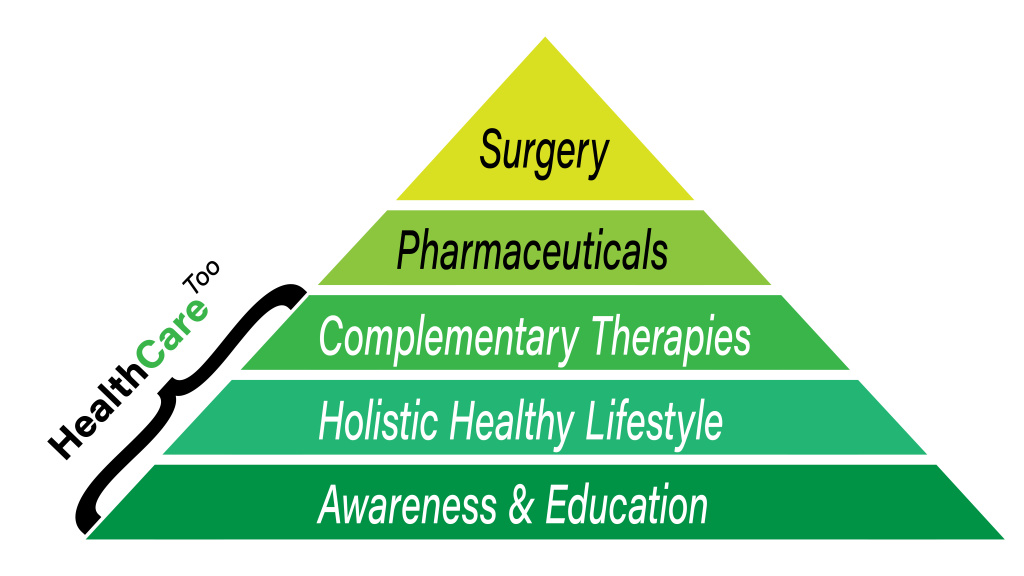U.S. Women’s Health Lagging
A recent Commonwealth survey of women’s health showed U.S. women’s health lagging countries with similar economies. Particularly noticeable is the exceptionally high incidence of chronic diseases among U.S. women compared with other nations.
Understanding that U.S. women have access to he same medical treatment and pharmaceuticals as women in all these countries, perhaps this is more about lifestyle and less about medical care?
The U.S. health care system places some unique burdens on women, who use more health care services than men and manage most of the bills for their families, researchers at the Commonwealth Fund found when they crunched some numbers about women’s health for 11 industrialized countries.
The largely gloomy report found that U.S. women experience more chronic illness, are less satisfied with their care, and have more trouble affording it—skipping needed care because of cost—than women in comparable nations. The United States ranks low in women’s health despite the ACA, which required many health plans to cover a number of women’s preventive care services with no copay. And yet, stubborn financial issues remain, making care anything but affordable.
Source: U.S. Women’s Health: Not So Great | Managed Care magazine
You may also be interested in Menopause can be unsettling. These habits can help smooth the transition




